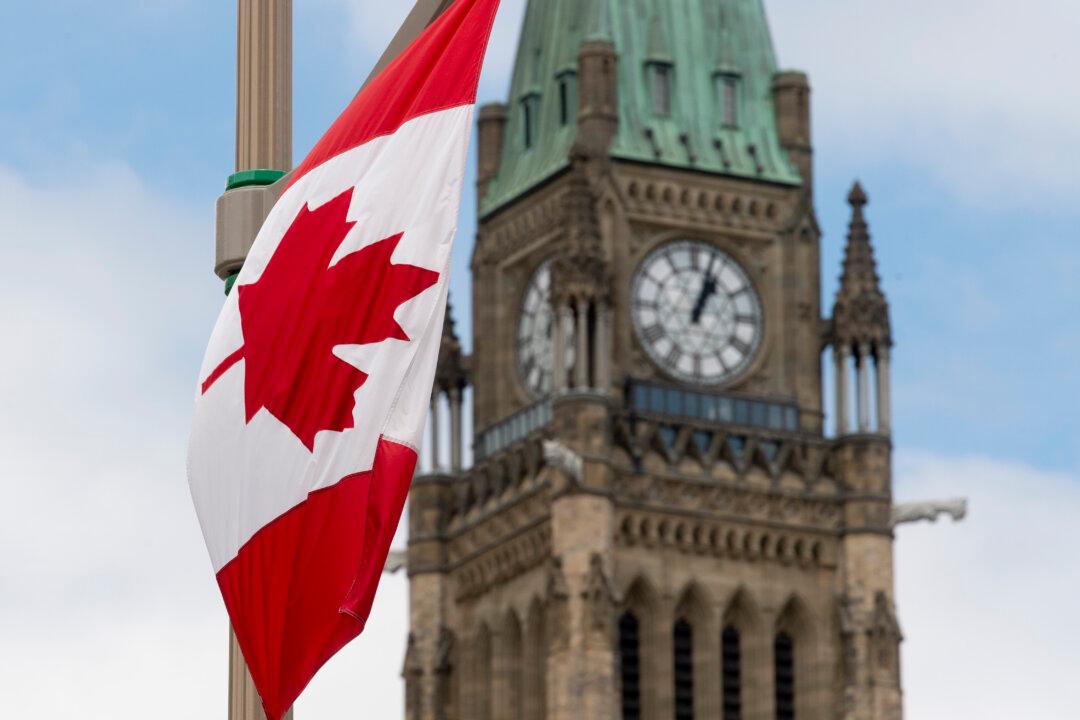Pressure is mounting on the Liberal government to challenge Quebec’s Bill 21 after a teacher wearing a hijab was removed from her classroom earlier this month.
“[Bill 21] cannot be allowed to stand unchallenged,” Salma Zahid, Liberal MP for Scarborough Centre, said in a Dec. 13 statement.





